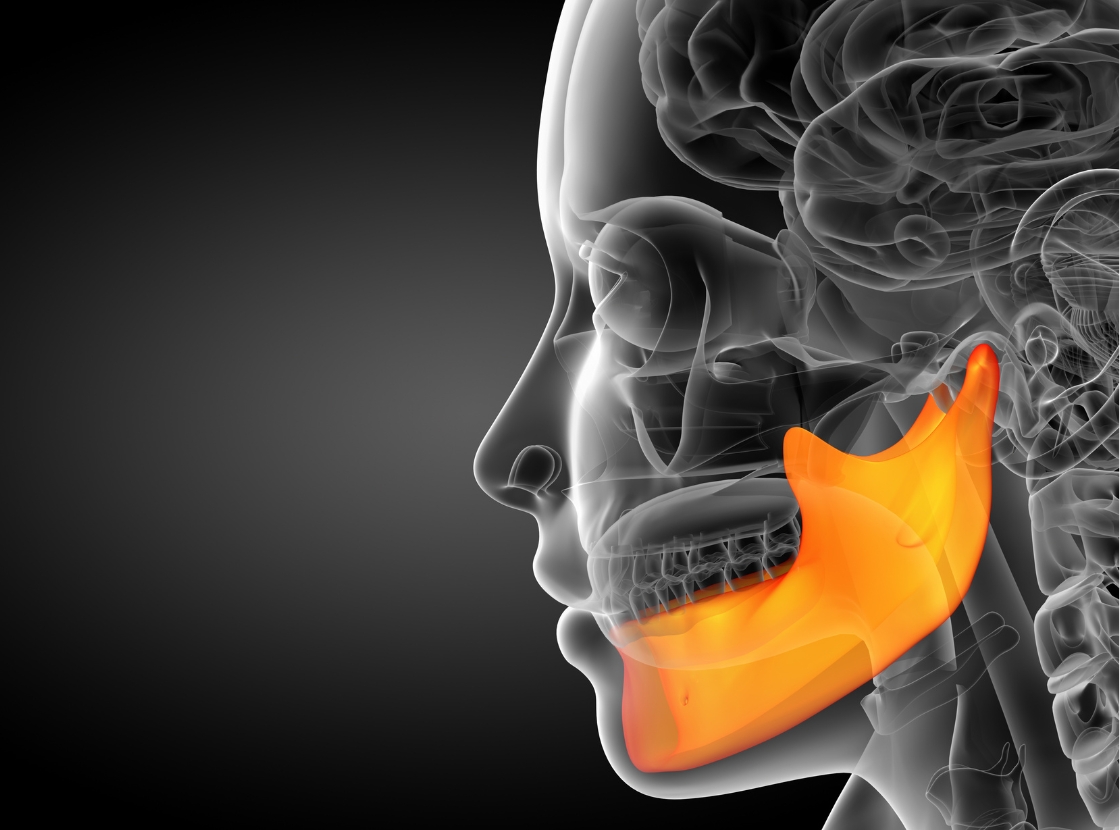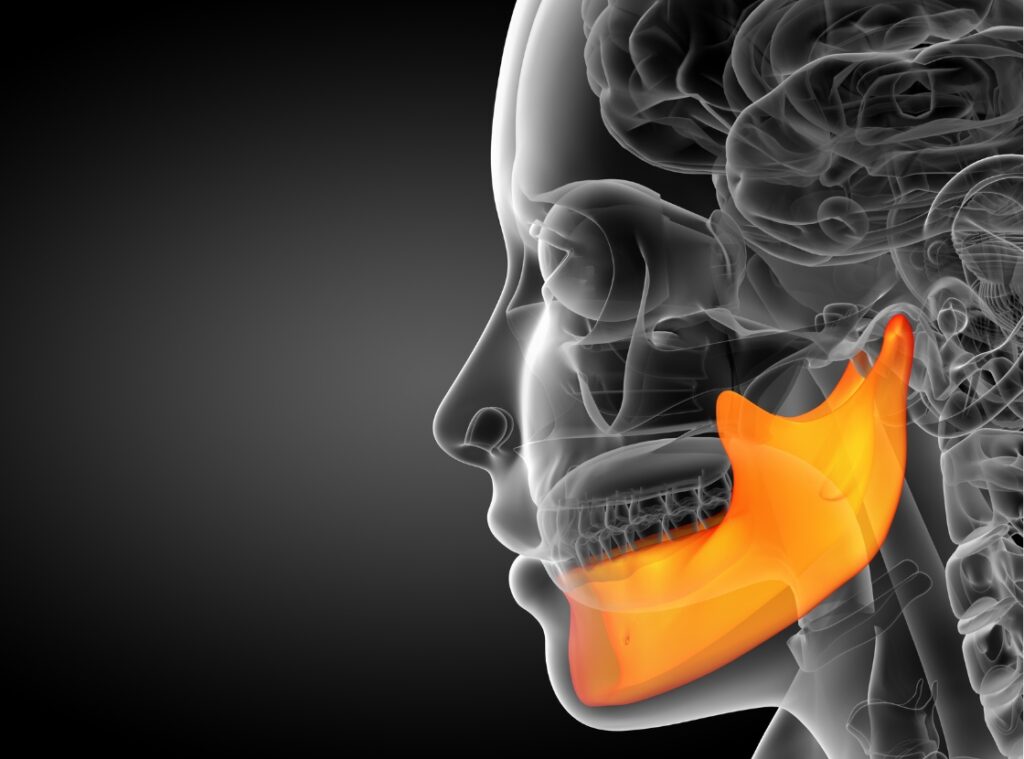
Facts About Oral Health for Older Adults
As you age, your oral health becomes more important than ever before. Even if you’ve kept up with regular check-ups and cleanings throughout the years, it’s essential to stay aware of changes that may arise as you continue to get older. Understanding these changes can help ensure that your oral health remains in top shape for years to come. If you’re searching for a dentist near Parker, CO, look no further! Here at Green Dental Care, we’re dedicated to providing personalized care and are here to provide helpful information on all aspects of dentistry — including treatment options specifically designed for older patients. Read on as we discuss five key facts about adult oral health that everyone should know!
What are the common oral health issues faced by older and as we age, oral health concerns become increasingly important. However, with proper care and attention, these issues can be easily managed. Older adults commonly experience tooth decay, gum disease, and dry mouth. Tooth decay can be prevented by maintaining a strict dental hygiene regimen and avoiding sugary foods and drinks. Gum disease can be addressed through regular dental cleanings and by not smoking. Combat dry mouth with saliva substitutes or ample water intake. With these simple steps, older adults can maintain a healthy smile and improve their overall well-being. Proper brushing and flossing are essential for lifelong oral hygiene. Regular brushing and flossing can prevent plaque buildup, which can lead to tooth decay and gum disease. Not only does good oral hygiene help maintain a healthy smile, but it can also improve overall health. Studies have linked poor oral health to several chronic conditions such as heart disease, diabetes, and respiratory infections. Adopting daily brushing and flossing ensures dental health and prevents unnecessary expenses. So, make sure to take good care of your teeth by brushing and flossing regularly, and smile confidently!
How can older adults maintain healthy gums, teeth, and overall oral health
Healthy gums, teeth, and overall oral health are essential for older adults to maintain their quality of life. Proper care ensures bright smiles and healthy mouths. Maintain oral health as an older adult through daily brushing, a nutritious diet, avoiding sugary foods, and regular dentist visits. Consistent effort and a positive attitude ensure older adults maintain healthy mouths and radiant smiles.
The role of diet in promoting good oral health among seniors
As we age, it becomes increasingly important to prioritize our oral health. Fortunately, there are many steps seniors can take to maintain a healthy smile and prevent oral health issues. One important factor is diet. Eat a balanced diet for senior oral health and to prevent tooth decay. Don’t let age keep you from enjoying your favorite foods. Rather, focus on incorporating nutritious options and staying hydrated to keep your teeth and gums healthy and strong. With a little effort and attention, seniors can maintain a beautiful, healthy smile for years to come!
How to detect warning signs of gum disease or other oral health problems
Maintaining good oral health is essential for overall well-being. However, gum disease and other dental problems can sometimes go unnoticed until they become severe. Thus, it’s crucial to be aware of the warning signs that indicate potential issues in your oral health. Common signs include bleeding gums, chronic bad breath, loose teeth, and gum recession. If you experience these symptoms, visit your dentist promptly for early diagnosis and treatment. Remember, regular dental checkups and proper oral hygiene practices can help prevent oral health problems before they start. So let’s stay vigilant and keep our dental health in tip-top condition!
The benefits of regular dental check-ups for seniors
Regular dental check-ups can be incredibly beneficial for seniors. As we age, our dental health can often deteriorate, leading to various issues such as cavities and gum disease. Scheduled check-ups help seniors maintain oral health, prevent issues, and catch problems early. A healthy mouth improves overall quality of life, enhancing self-esteem, speech, and nutrition. Regular dental check-ups help seniors maintain oral health and overall wellness.
Contact Us Today
In conclusion, as you age your oral health care needs can change significantly. It is important to recognize the importance and implications of proper brushing and flossing throughout life, but especially when you are older. Eating a balanced, nutrient-rich diet is also beneficial in maintaining good oral health in seniors. You should also always be aware of any warning signs of gum disease or other oral health problems and attend regular dental checkups to ensure all is well with your mouth. Fortunately, armed with the knowledge we have just shared, it should be relatively simple for seniors to maintain a healthy smile into old age! Contact us today at Green Dental Care to schedule an appointment today!








